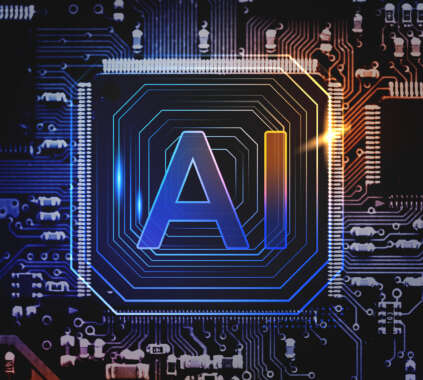According to various industry estimates, somewhere between 60-85 percent of AI projects fail to deliver value or make any business impact. At a time when technologies like Generative AI is set to transform the way we work, organizations need a reality check.
We spoke to Anuj Gupta, an AI and machine learning expert with global reputation. As the Founder & CEO of Gradient Advisors, Anuj works closely with founders, CXOs & VCs to help them obtain business results out of their AI projects. He comes with over two decades of experience, spearheading end-to-end AI efforts at CXO level for startups and Fortune 50 companies.
He is also author of a popular book in AI endorsed by top AI leaders including those from CMU, UCSD, DeepMind, Google AI, Microsoft Research, Meta, Airbnb, Spotify to name a few.
Watch the full interview here:
Anuj believes that organizations must focus on getting the data piece right or risk AI projects failure.
According to him, the reasons for the high rate of failure ranges from not having enough data in terms of either quality or quantity to having ill-formed problems.
“Data is the foundation of any AI project. Every organization has petabytes of data, but very few of them have data sets which can be used for machine learning. One analogy that I often use is, if data is the crude oil, machine learning models are like the fighter jets. Unfortunately, fighter jets cannot run on crude oils. They need specialized fuel to fly. Organizations need to set up ‘refineries’ that can convert the ‘crude oil’ into different fuels, which can then be used in fighter jets,” he says.
Wrong approaches and perspectives of the leadership team can sometimes backtrack an AI project. “Leadership teams often end up applying the people and project practices which they have developed for a traditional software development. But the ways in which AI models are developed differs from traditional software engineering. There is also this perception that deep learning models are comparable to human brains. This sets unrealistic expectations, especially for non-technical leaders.”
Teams that collect, curate and process the data systematically are the ones that are able to make much better progress, Anuj adds.
The latest buzz word in the industry – Generative AI – will create more and more sustainable business models and revenue streams for businesses in the days to come.
The more interesting aspect to watch out for however is the legal war around data ownership, he adds.
“ChatGPT is trained on Internet data, which means it has data from sources like Reddit, Stack Overflow and many more. A lot of these companies own this data, and yet they have no share in the revenues of ChatGPT. The next legal war is going to be around data and its ownership,” Anuj sums up.













